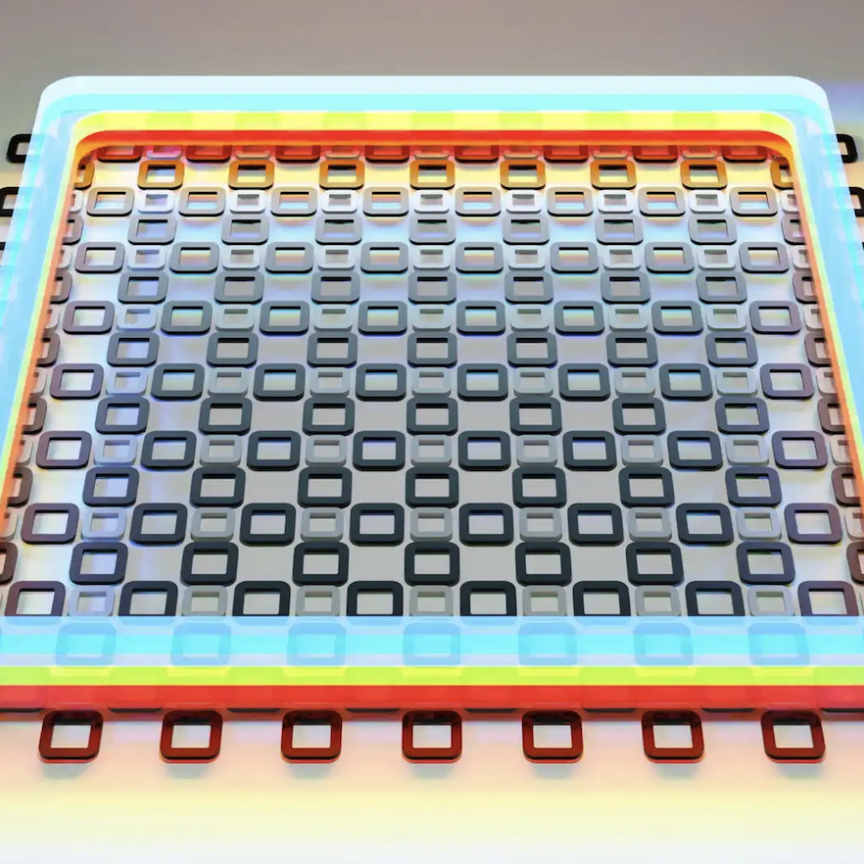Scientists have developed a technique to separate two liquids liquids in a mixture and create new phases using a low-power laser diode, which they claim will lead to new ways of manipulating matter and creating crystals for industry.
Concentration fluctuations near a liquid-liquid critical point. Shown is a nitrobenzene-decane mixture (with methylene blue dye) at the critical concentration and near the critical temperature. Credit: University of Glasgow/Youtube
Currently, in the production of crystals, it is not possible to fully control the crystallisation process, which can lead to costly problems in industry. Crystals are used in computers, phones, drugs, paints, light bulbs, solar cells, and many more applications.
In a simple theoretical model, described in a paper published on 5 March in Nature Chemistry, the researchers showed that the stored electromagnetic energy of the laser beam produces a free-energy potential that forces phase separation or triggers the nucleation of a new phase. This was confirmed by experiments using a simple liquid mixture.
'In our experiments, we used a simple mixture of two liquids and a relatively low power laser diode to suck one of the liquids out of the mixture,' said professor Klaas Wynne, who designed and developed the approach. 'So it's a little bit like making a cup of tea, stirring in some milk, and then using a laser to suck the milk out again. It may seem really counter intuitive but it's all within the laws of physics.'
Finlay Walton, who carried out the work, added: 'These are the first steps towards a full understanding of the role that critical fluctuations play in crystal nucleation. Our aim is to gain full control over nucleation, including the type of crystal that is produced.'
This video shows the laser-induced triggering of the nucleation of a new phase. Credit: University of Glasgow/Youtube
This research is funded by a grant from the Engineering and Physical Sciences Research Council (EPSRC).

